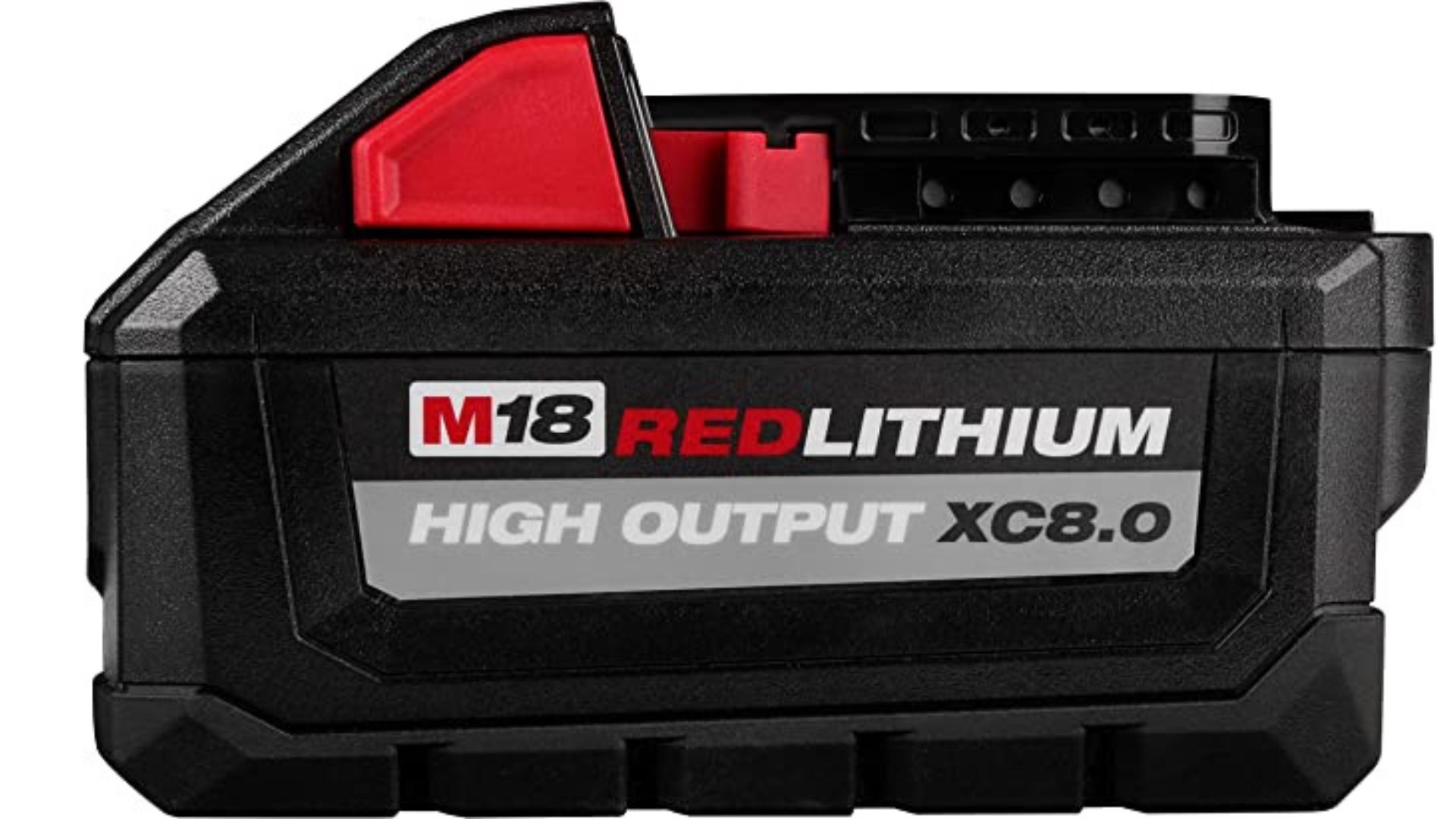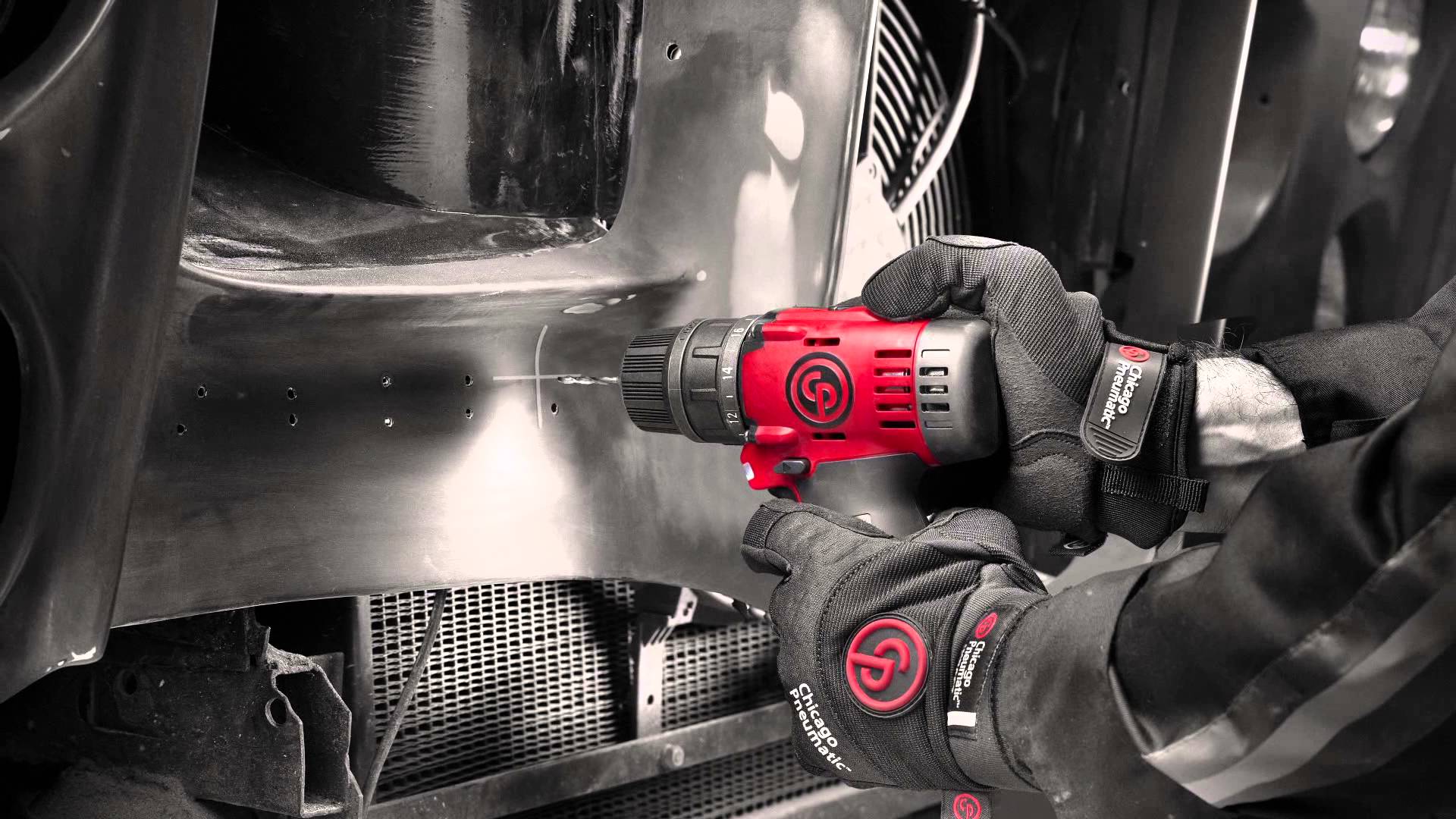Do bauer batteries fit milwaukeearmslist kc mo – Do Bauer batteries fit Milwaukee Armslist KC MO? This question delves into the compatibility of different power tool battery systems, specifically focusing on the prevalence of Milwaukee tools in the Kansas City, Missouri area and the online marketplaces where users buy and sell them. Understanding battery compatibility is crucial for both safety and functionality, preventing potential damage to tools and ensuring optimal performance.
This exploration will examine the specifications of various battery models, compare pricing across different online platforms, and review user experiences to provide a comprehensive understanding of this common query.
We’ll investigate the physical and electrical characteristics of DeWalt and Milwaukee batteries, highlighting key differences that impact compatibility. The analysis will include a detailed look at the Kansas City market for Milwaukee power tools, exploring their popularity amongst tradespeople and DIY enthusiasts. Finally, we’ll examine online platforms like Milwaukee Armslist KC MO to assess pricing and user reviews, offering insights into the realities of finding and purchasing these batteries in the region.
Battery Compatibility
DeWalt and Milwaukee are leading brands in the power tool industry, but their battery systems are not interchangeable. Understanding the differences between their battery technologies is crucial for choosing the right tools and ensuring compatibility. This section details the key distinctions between DeWalt and Milwaukee battery systems, focusing on physical dimensions, voltage and amperage ratings, and overall compatibility.
DeWalt and Milwaukee Battery System Differences
DeWalt and Milwaukee utilize distinct battery chemistries, cell configurations, and communication protocols. This means a DeWalt battery will not fit into a Milwaukee tool, and vice-versa. Attempting to force a mismatched battery into a tool can damage both the battery and the tool. The differences extend beyond just the physical connector; the internal electronics and communication systems are incompatible.
This incompatibility prevents the tool from recognizing and properly utilizing the battery.
Physical Dimensions of DeWalt and Milwaukee Batteries
The physical dimensions of DeWalt and Milwaukee batteries vary significantly depending on the battery’s capacity (Ah) and voltage. For example, a DeWalt 20V 5.0Ah battery will be larger than a DeWalt 20V 2.0Ah battery. Similarly, Milwaukee’s M18 batteries come in various sizes, with higher capacity batteries having larger dimensions. Precise measurements would require referencing the manufacturer’s specifications for each individual battery model.
Generally, however, Milwaukee M18 batteries tend to be slightly more compact than comparable DeWalt 20V batteries, though this is not a consistent rule across all models.
Voltage and Amperage Ratings of DeWalt and Milwaukee Batteries
Both DeWalt and Milwaukee offer batteries in various voltage and amperage ratings. DeWalt’s most common voltage is 20V, although they also offer 12V, 60V and Flexvolt batteries (which can change voltage). Milwaukee’s most popular line is their M18 system, which operates at 18V. They also offer higher voltage options like M28 and M12 systems. The amperage (Ah) rating indicates the battery’s capacity – a higher Ah rating means the battery can power the tool for a longer duration before requiring a recharge.
For instance, a DeWalt 20V 5.0Ah battery has a higher capacity than a DeWalt 20V 2.0Ah battery. Similarly, a Milwaukee M18 9.0Ah battery will last longer than an M18 3.0Ah battery.
Further details about southeast missouri craigslist is accessible to provide you additional insights.
Comparison of DeWalt and Milwaukee Battery Types and Compatibility
The following table summarizes the incompatibility between DeWalt and Milwaukee battery systems. Note that this is not an exhaustive list of all models, but represents common examples.
| Battery Model | Manufacturer | Voltage | Amperage (Ah) |
|---|---|---|---|
| DCB205 | DeWalt | 20V | 5.0 |
| DCB184 | DeWalt | 18V | 4.0 |
| DCB606 | DeWalt | 60V | 6.0 |
| 48-11-1850 | Milwaukee | 18V | 5.0 |
| 48-11-1840 | Milwaukee | 18V | 9.0 |
| 48-11-2820 | Milwaukee | 28V | 5.0 |
Milwaukee Power Tool Usage in Kansas City

Milwaukee power tools enjoy significant popularity among tradespeople in Kansas City, Missouri. The city’s robust construction industry, coupled with a thriving DIY culture, creates a high demand for reliable and durable power tools. This preference extends across various professional fields, from large-scale construction projects to smaller residential renovations. The reputation of Milwaukee tools for performance and longevity contributes significantly to their market dominance in the area.The typical usage of power tools in Kansas City mirrors national trends, with construction projects heavily relying on tools for demolition, framing, and finishing work.
DIY enthusiasts utilize a similar range of tools, though often on a smaller scale, for home improvement and repair tasks. The city’s diverse building stock, encompassing older structures requiring renovation and new developments, ensures consistent demand for a wide variety of power tools.
Common Milwaukee Power Tools in Kansas City
The prevalence of Milwaukee tools on Kansas City construction sites and in home workshops is undeniable. Their robust build quality and innovative features make them a favorite among professionals and hobbyists alike. This preference is further solidified by the readily available service and repair options within the city.
Popular Milwaukee Power Tools in the Kansas City Market
The following list showcases some of the most frequently encountered Milwaukee power tools in the Kansas City area. This reflects both professional usage on large-scale projects and the needs of DIY enthusiasts undertaking home improvement tasks. The tools listed represent a cross-section of the popular Milwaukee product lines catering to various applications.
- M18 FUEL™ Hammer Drill/Driver: A versatile tool used for drilling and driving screws in various materials, favored for its power and runtime.
- M18 FUEL™ Reciprocating Saw: Essential for demolition and cutting tasks, appreciated for its aggressive cutting power and maneuverability.
- M18 FUEL™ Circular Saw: Widely used for precise cutting of wood and other materials, often chosen for its accuracy and efficient cutting performance.
- M12 FUEL™ Impact Wrench: Popular for its compact size and high torque output, ideal for fastening and loosening nuts and bolts in tight spaces.
- M18 FUEL™ Sawzall®: A classic reciprocating saw known for its durability and cutting capacity, frequently used in demolition and renovation projects.
Legal and Safety Considerations: Do Bauer Batteries Fit Milwaukeearmslist Kc Mo
Using non-manufacturer batteries in your Milwaukee power tools carries significant legal and safety implications. Understanding these implications is crucial for both consumers and those involved in the sale of these batteries. This section will Artikel the potential risks and responsibilities associated with using and selling power tool batteries.
Warranty Implications of Using Non-Manufacturer Batteries, Do bauer batteries fit milwaukeearmslist kc mo
Using non-manufacturer batteries in Milwaukee power tools will likely void your tool’s warranty. Milwaukee’s warranty explicitly covers malfunctions stemming from defects in materials and workmanship under normal use. Using a battery not specifically designed or approved by Milwaukee introduces a variable that could cause damage to the tool, and this damage would likely not be covered under the warranty.
The manufacturer might argue that the use of a third-party battery caused the malfunction, relieving them of their warranty obligation. It is always advisable to consult your specific Milwaukee tool’s warranty documentation for precise details.
Legal Consequences of Selling Counterfeit Batteries
Selling counterfeit Milwaukee batteries carries significant legal risks. The sale of counterfeit goods is a violation of intellectual property laws, and manufacturers like Milwaukee actively pursue legal action against those involved in the production and distribution of counterfeit products. These legal actions can result in substantial fines, legal fees, and even criminal charges, depending on the scale and nature of the infringement.
Furthermore, the sale of counterfeit batteries, which often fail to meet safety standards, poses a significant risk to consumers and can lead to additional legal liabilities.
Safety Regulations Surrounding the Sale and Use of Power Tool Batteries
The sale and use of power tool batteries are subject to various safety regulations, both at the federal and potentially state levels. These regulations address aspects such as battery design, manufacturing processes, labeling requirements, and safe handling procedures. For example, batteries must meet specific safety standards to prevent overheating, short-circuiting, and fire hazards. These standards often involve rigorous testing and certification processes.
Failure to comply with these regulations can result in penalties and legal repercussions for both manufacturers and sellers. Consumers should always ensure that the batteries they purchase meet all applicable safety standards.
Safety Precautions When Handling and Using Power Tool Batteries
Safe handling and use of power tool batteries are paramount to prevent injury and property damage. Following these precautions is essential:
- Always use the correct battery for your Milwaukee tool. Using an incompatible battery can lead to damage or injury.
- Inspect batteries for any signs of damage before use, such as swelling, cracks, or leaks. Damaged batteries should be disposed of properly.
- Never attempt to disassemble or repair a power tool battery. Internal components are under high voltage and pose a serious risk of electric shock.
- Avoid exposing batteries to extreme temperatures, as this can significantly reduce their lifespan and increase the risk of fire.
- Charge batteries only with the manufacturer’s recommended charger. Using an incorrect charger can damage the battery and pose a fire hazard.
- Store batteries in a cool, dry place away from flammable materials.
- Dispose of used batteries responsibly according to local regulations. Many retailers offer battery recycling programs.
Ultimately, determining whether Bauer batteries fit Milwaukee tools listed on platforms like Milwaukee Armslist KC MO requires careful consideration of voltage, amperage, and physical dimensions. While some users might report success with certain combinations, the risk of damage and voiding warranties necessitates prioritizing manufacturer-recommended batteries. This analysis highlights the importance of verifying compatibility before purchase and emphasizes the safety precautions necessary when handling power tool batteries.
Understanding the local market dynamics in Kansas City and the intricacies of online marketplaces provides a complete picture for informed decision-making.



